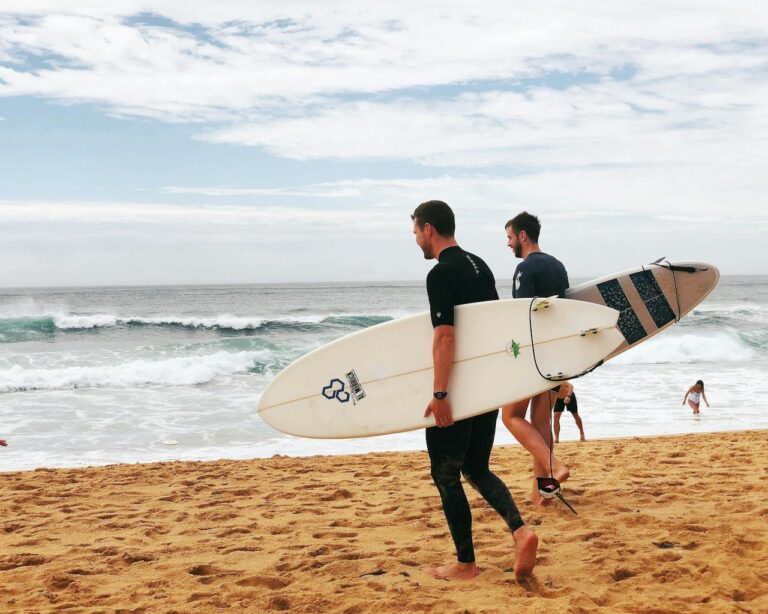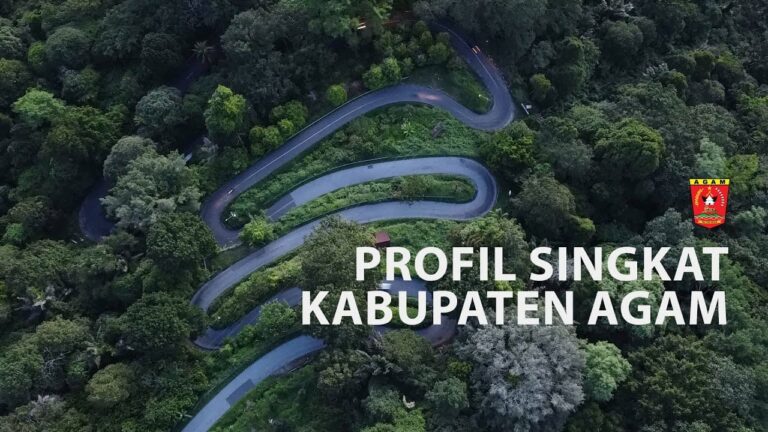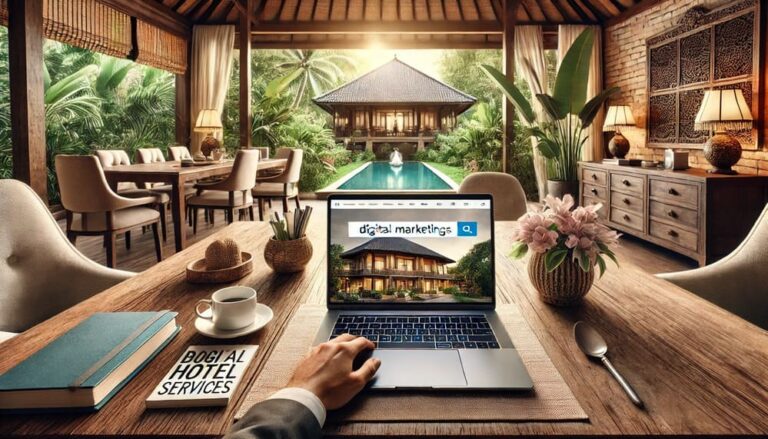Mentawai Islands are a dream destination for surfers, adventurers, and nature lovers worldwide. With pristine beaches, world-class surf breaks, and unique cultural experiences, it’s no wonder that tourists from all over the globe flock to this Indonesian paradise. However, for businesses operating in Mentawai, especially those in tourism and hospitality, tapping into this international market can be challenging without the right digital tools. One of the most effective ways to reach a global audience is by having a multilingual website. In this blog, we’ll explore the role of a multilingual website in expanding your business’s reach to more tourists and why it’s a crucial investment for your Mentawai-based business.
1. Enhancing Accessibility for International Visitors
A multilingual website makes it easier for international tourists to access information about your services, products, and offerings. While many travelers may have some understanding of English, not all are fluent or comfortable navigating an English-only website. By offering multiple language options—such as French, German, Spanish, or even Japanese—you break down language barriers and make your business more accessible to a broader audience.
For a destination like Mentawai, where tourists come from various parts of the world, making your website available in multiple languages ensures that potential customers can find the information they need to plan their trip, whether it’s booking a surf camp, reserving a homestay, or scheduling a cultural tour.
2. Building Trust and Credibility

Having a multilingual website significantly enhances the trust and credibility of your business. Tourists are more likely to engage with a website that provides content in their native language because it creates a sense of familiarity and comfort. A study by the Common Sense Advisory found that 72.1% of consumers spend most of their time on websites in their own language, and 56.2% of consumers say the ability to obtain information in their own language is more important than price.
By localizing your website content into multiple languages, you show a commitment to catering to international customers, which in turn builds trust. This credibility is essential in the tourism industry, where travelers want to ensure they are booking with reliable and professional service providers.
3. Improving SEO and Global Visibility
One of the key advantages of having a multilingual website is the ability to improve your search engine optimization (SEO) efforts and boost global visibility. When you translate your website into multiple languages, you can optimize your content for search engines in different regions. This means that potential tourists searching for “surf resorts in Mentawai” or “Mentawai travel packages” in their local language are more likely to find your website.
For example, by offering your website in French, you increase your chances of ranking higher on Google.fr, and the same applies for other language-specific search engines. A multilingual website allows you to rank for keywords in multiple languages, attracting more organic traffic from tourists around the world. As a result, your website can reach a much wider audience, increasing the likelihood of bookings.
4. Providing a Better User Experience
User experience (UX) is crucial in today’s digital landscape, and language plays a key role in that. When tourists visit your website and see that it’s available in their native language, they immediately feel more comfortable navigating through your content. A multilingual website eliminates confusion and frustration that can arise from language barriers, providing a seamless experience for users.
A website with poor navigation or unclear information can result in high bounce rates, where potential customers leave the site without taking any action. Offering content in different languages helps reduce bounce rates, as visitors are more likely to stay longer, explore your offerings, and ultimately make a booking.
5. Catering to a Culturally Diverse Audience
Tourists from different regions of the world have unique preferences, cultural nuances, and travel behaviors. A multilingual website allows you to tailor your content not only linguistically but also culturally. Localization goes beyond translation—it includes adapting your messaging, imagery, and even design elements to suit the preferences and expectations of specific audiences.
For instance, Western tourists may prioritize environmental sustainability when choosing accommodations, while Japanese tourists may focus on the availability of group tours or cultural experiences. By localizing your content, you can create a more personalized experience for each target market, making it easier for them to connect with your brand and choose your services over competitors.
6. Increasing Conversion Rates

Ultimately, the goal of any business website is to convert visitors into customers. Whether that means booking a surf camp, reserving a villa, or signing up for a tour, a multilingual website can significantly increase conversion rates. When tourists feel more comfortable navigating your website in their own language, they are more likely to complete the booking process.
A multilingual website reduces hesitation and uncertainty, as users can fully understand the terms, conditions, and offerings without relying on third-party translation tools. This clarity and ease of use encourage tourists to take action, resulting in higher conversion rates for your business.
7. Standing Out from the Competition
While there are many businesses in Mentawai competing for the attention of international tourists, not all of them have invested in a multilingual website. By offering this feature, your business can stand out from the competition and appeal to a more diverse group of tourists. This competitive advantage can be particularly valuable for smaller businesses that need to differentiate themselves from larger, more established competitors.
A multilingual website signals professionalism and a global mindset, making your business more attractive to tourists who value convenience and accessibility. It also opens doors to potential partnerships with travel agencies and tour operators in foreign markets, further expanding your reach.
In an increasingly globalized world, having a multilingual website is no longer just an option—it’s a necessity for businesses in the tourism and hospitality sectors. For businesses in Mentawai, where the tourism market is largely driven by international visitors, a multilingual website is a powerful tool to attract and engage a broader audience. It enhances accessibility, builds trust, improves SEO, and ultimately leads to higher conversion rates.
At Noethera Studio, we specialize in helping businesses create multilingual websites that deliver exceptional user experiences and drive results. Whether you’re running a surf camp, a resort, or a travel agency in Mentawai, we can help you expand your digital reach and connect with tourists from all over the world. Contact us today to learn how we can assist you in developing a multilingual website that boosts your business.
By investing in a multilingual website, you’re not only improving your customer experience but also positioning your business for success in the global tourism market.







